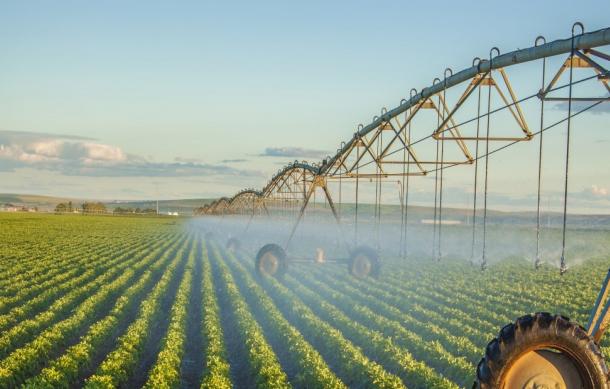
Namibia's goal is to enhance agricultural production and ensure national food security and self-sufficiency.
The Deputy Minister of Agriculture, Water, and Land Reform, Anna Shigwedha, made the remark in response to Popular Democratic Movement (PDM) leader McHenry Venaani's inquiries regarding drip irrigation and soil moisture management for small-scale commercial agriculture.
"I seek clarification on the strategies and mechanisms the government intends to employ to assist and incentivize farmers who demonstrate a commitment to investigating drip irrigation schemes," said the PDM leader.
The Deputy Minister acknowledged the importance of addressing the challenges posed by climate change, characterised by high rainfall variability and harsh conditions.
"Given the dry nature of Namibia and the resultant variable and unpredictable rainfall patterns, it is impossible for us to achieve our goals of food security and food self-sufficiency through a rain-dependent crop production system alone. For this reason, the government took a deliberative decision to promote cereal and horticultural production, which aims to expand Namibia's irrigation potential for food production."
Shigwedha noted that, while drip irrigation is highly efficient in terms of water usage and crop yields, it requires substantial initial investment and is susceptible to clogging in certain soil conditions.
Despite these challenges, the government has invested over N$14 million over a period of three financial years to support about 548 small-scale farmers with drip irrigation systems.
"The ministry has been promoting and supporting small-scale farmers to utilise drip irrigation, particularly those engaged in horticulture and orchard production. I wish to inform this hon. house that the ministry is relatively at the initial stage of promoting the use of drip irrigation."





